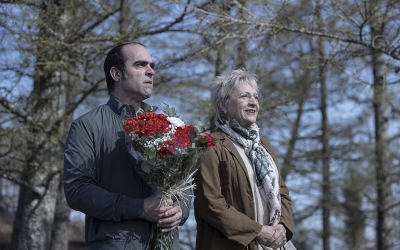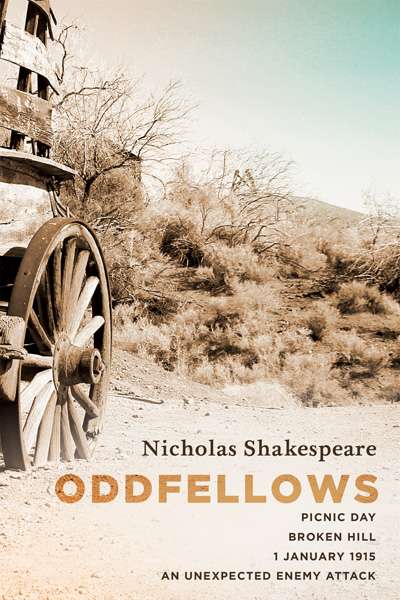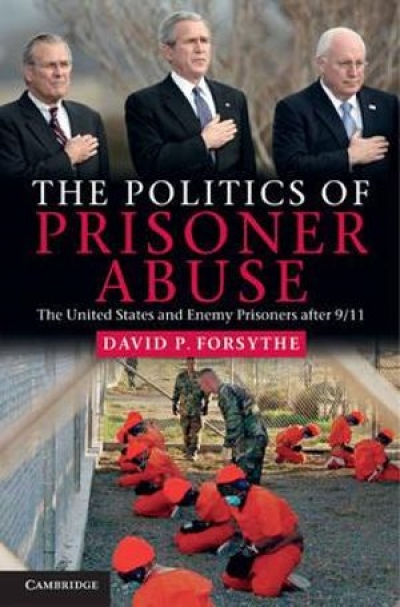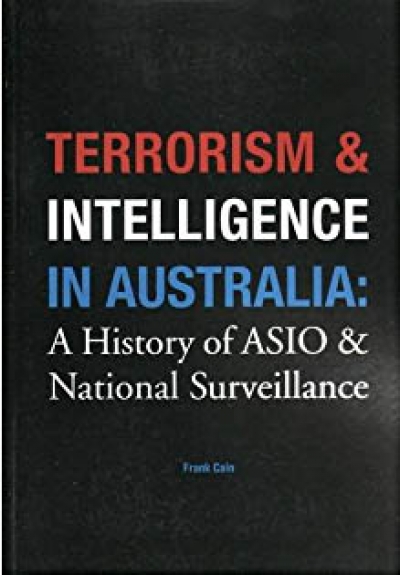Terrorism
You are camping with friends, drinking beer and swimming, celebrating your nineteenth birthday. A car pulls up in the forest. Your aunt emerges, and as she walks towards you she calls out, palms pressed as if in prayer. In Spanish filmmaker Icíar Bollaín’s gripping Maixabel (2021), it is enough for a relative to say your name to know that the worst has happened: your world has ended, your father has finally been slaughtered.
... (read more)The Politics of Prisoner Abuse: The United States and Enemy Prisoners after 9/11 by David P. Forsythe
Terrorism and Intelligence in Australia: A history of ASIO and national surveillance by Frank Cain
Never far from one’s mind these days, the events of September 11, 2001, and their direct aftermath in Afghanistan and elsewhere, had to be prominent in this month’s issue of ABR, such is their complex resonance and ubiquitous iconography. To complement Morag Fraser’s essay in this issue on the consequences of ‘September 11’ for civic ...
Primo Levi, in two interviews given almost twenty years ago*, set a standard of critical sympathy that is not only exemplary, but peculiarly apt to the fraught debate about the post-September 11 world and the USA’s place and reputation within it.
... (read more)



